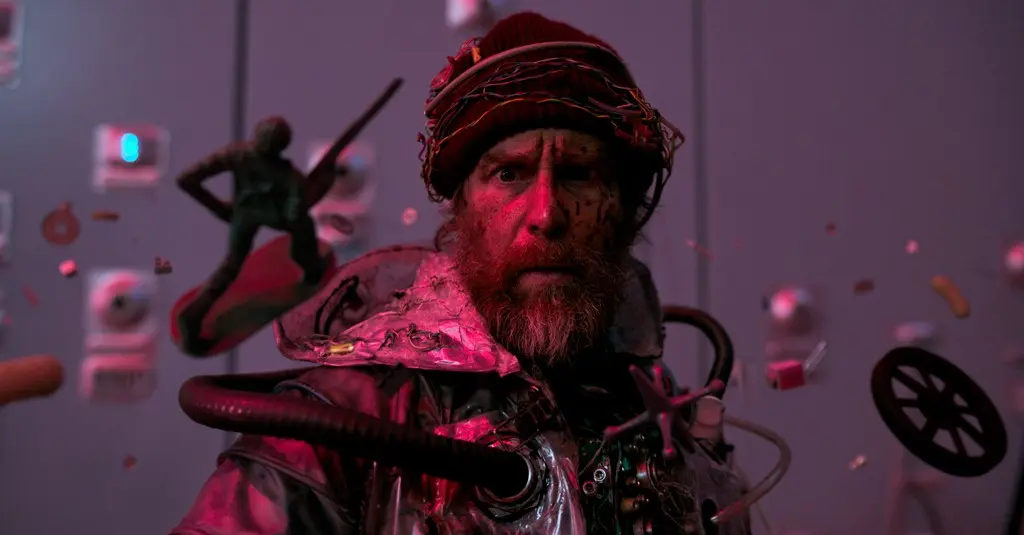NR | 1h 27min | Drama, Comedy, Romance, Fantasy | 23 September 2022 (USA)
From 1996 to 2006, the British-born actress Natascha McElhone appeared in 16 feature films, 5 in 2002 alone. Most were forgettable, but four (“Surviving Picasso,” “The Truman Show,” “Ronin,” and “Solaris”) were excellent.





